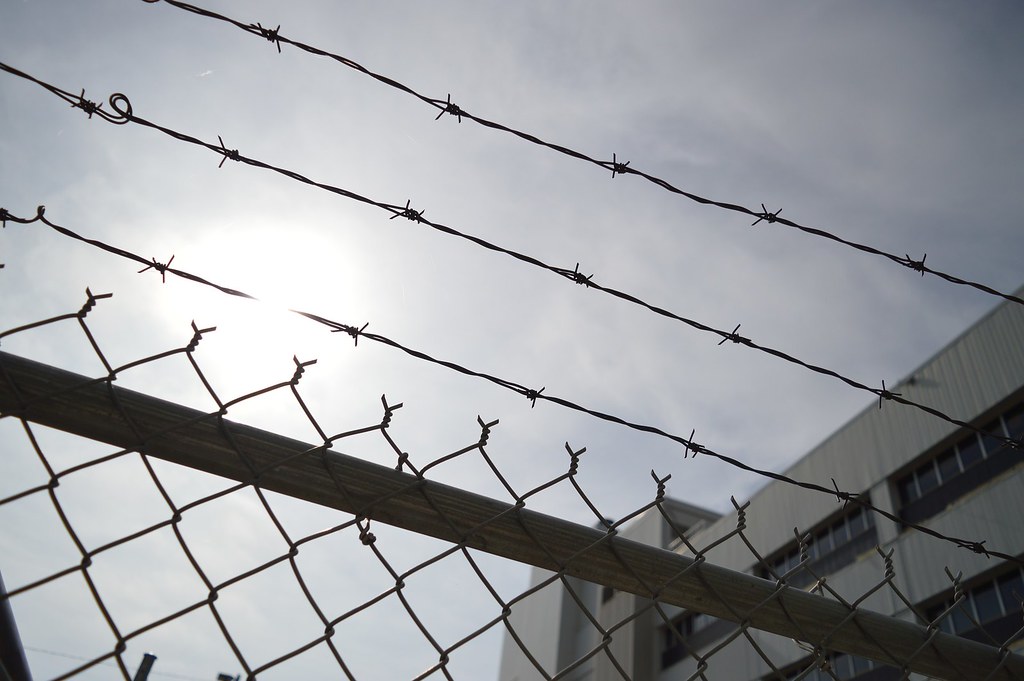
The Trump administration announced Wednesday that it is opening a new detention camp within Louisiana’s Angola prison to house undocumented migrants accused of committing crimes.
A New Facility at Angola
The center, named Camp 57, will be located inside the Louisiana State Penitentiary, the country’s largest maximum-security prison. The facility can hold more than 400 men, with half expected to be transferred there by the end of September, according to Republican Gov. Jeff Landry.
The Department of Homeland Security confirmed the facility was repurposed from an unused section of the prison. The name “Camp 57” is a reference to Landry being Louisiana’s 57th governor.
Designed for “the Worst of the Worst”
Administration officials framed the project as part of their dual campaign against illegal immigration and violent crime. Homeland Security Secretary Kristi Noem described the facility as unique, saying it will house “the most dangerous of criminals that have been out there harming individuals in this country.”
Attorney General Pam Bondi added, “Louisiana, you’re going to be an example for the rest of this country.”
Though separate from the prison’s general population, Angola itself has a controversial history, including allegations of forced labor in extreme conditions and inadequate medical care. Noem acknowledged Angola’s reputation as part of the intended message: migrants convicted of crimes would face severe consequences.
Camp 57 is part of a wider effort by the Trump administration to expand detention capacity in Republican-led states. Similar initiatives include Florida’s proposed “Alligator Alcatraz” facility, which was halted by a judge, and Nebraska’s plan for a “Cornhusker Clink.” Florida Gov. Ron DeSantis also announced “Deportation Depot,” using a shuttered state prison near Jacksonville.
Author’s Opinion
Camp 57 may be framed as a deterrent, but placing migrants in a prison with Angola’s grim history risks creating more controversy than confidence. It sends a message of toughness, yet also raises human rights concerns, especially when tied to facilities with legacies of abuse. While the administration wants to show that consequences for illegal entry are severe, this approach may deepen criticism that immigration enforcement is leaning too heavily on punishment rather than reform.
Featured image credit: Jobs For Felons Hub via Flickr
For more stories like it, click the +Follow button at the top of this page to follow us.
